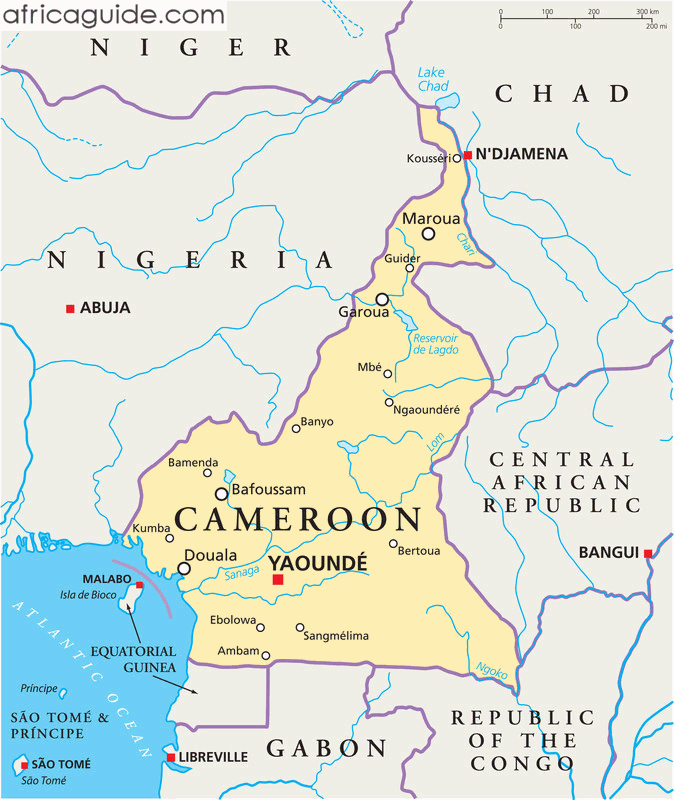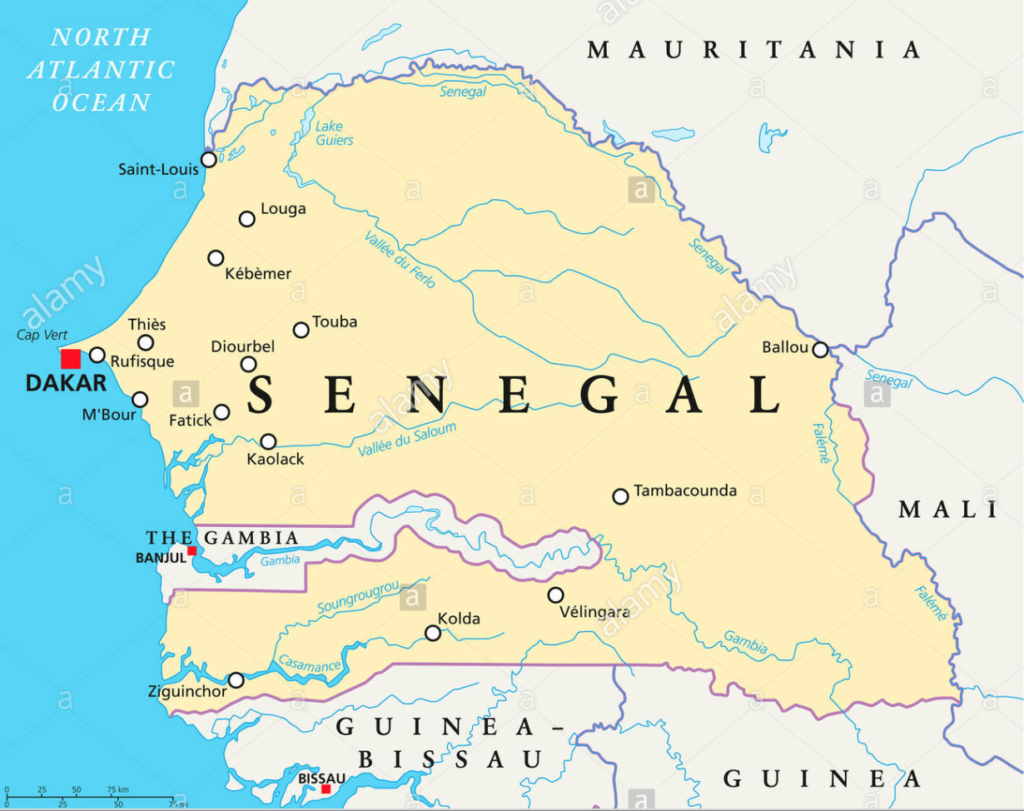I rarely read news reports on ritualistic killings and murders in Cameroon. This is partly due to a bias in the methodology of my research and the selection of news reports which in particular focus strongly on anglophone news media. This however does not mean that there are no ritual murders committed in Francophone and Lusophone African countries.
I recently came across a news article on Cameroon which indicates the occurrence of ritualistic violence including murders in this West / Central African country. In particular, I read (I quote): “Every week in Cameroon, there is a report of femicide, ritual killing, rape case, or any other form of violence resulting in the death of a woman or girl.” (Unquote).
The main focus of the article being on femicide and the plight of women and young girls in Cameroon, I will refrain from elaborating on the horrible crime of femicide since this topic is not this site’s focus.
For research purposes I present the original article below, as usual accompanied by a reference to its source.
(webmaster FVDK)

Cameroon: Calls mount for comprehensive legislation to combat femicide
Published: May 16, 2023
By: Business In Cameroon (Yaoundé)
The alarming rate of femicide in Cameroon has prompted women’s associations and stakeholders to raise their voices to demand comprehensive legislation to combat the phenomenon.
“Since January 2023, we have recorded no less than 27 women and young girls who have died as a result of violence perpetrated against them by men, in most cases a spouse or a relative,” regretted the Minister of Family and Women’s Empowerment (Minproff), Marie Thérèse Abena Ondoa. She was speaking during an advocacy session held in Yaoundé on the sidelines of the International Day of Families on May 15.
Even more alarming, the figures reported by Minproff, although already very high, are only the tip of the iceberg. According to women’s rights organizations, the situation is much worse than that because in many cases deaths related to gender-based violence are not reported as such. Hence the urgent need for a legal framework to stop the mass killings of women and girls because of their gender.
“A specific law against violence against women is a must in Cameroon. The head of State made that promise to us in 1997. And I now realize he knew such a law is crucial. We’ve always thought our current legal law was enough. Many things have indeed been done, many mechanisms have been put in place but that is not enough. Perpetrators must be deterred, especially when they are intimate partners or family members,” said the national president of the Association to Fight Violence Against Women, Élise Pierrette Mpoung Meno.
Grim picture
Many of Cameroon’s development partners also support this initiative. They call for the strengthening of the legal framework to put a definitive end to GBV. The UN Women’s resident representative in Cameroon, Marie Pierre Raky Chaupin, said femicides “are the most brutal and extreme manifestation of a continuum of violence against women and girls”.
“Cameron lacks a legal framework against GBV, but there are many provisions that punish different forms of gender-based violence. We may need to examine the existing strong legal framework in Cameroon and better coordinate it with comprehensive legislation. This is an advocacy that UNFPA has started,” says Noemie Dalmonte, Deputy Representative of the United Nations Population Fund (UNFPA). This UN agency supports the government in its efforts to combat GBV through prevention and risk reduction actions and activities.
Every week in Cameroon, there is a report of femicide, ritual killing, rape case, or any other form of violence resulting in the death of a woman or girl. “The situation is gruesome, given the recent news,” acknowledges Minproff, who also wishes to see specific legislation that will “severely punish” GBV perpetrators.
Pending the adoption of the law, Marie Thérèse Abena Ondoa said new strategies will be swiftly put in place. The success of this approach requires the involvement of everyone, including communities, she said.
Source: Cameroon: Calls mount for Comprehensive Legislation to combat femicide



